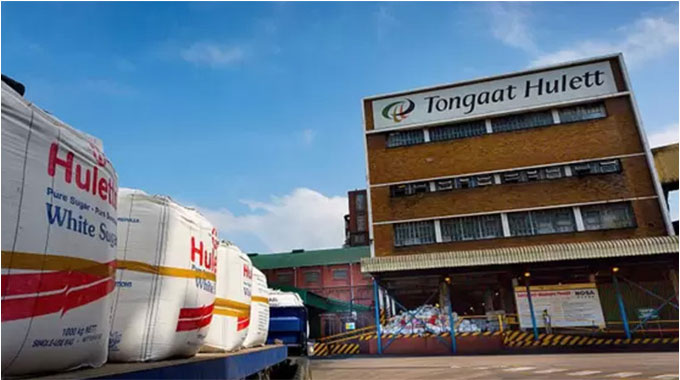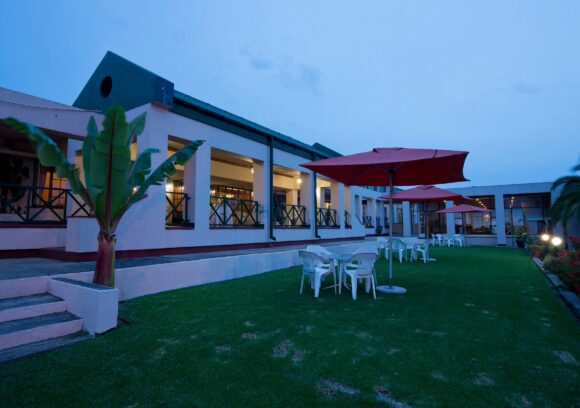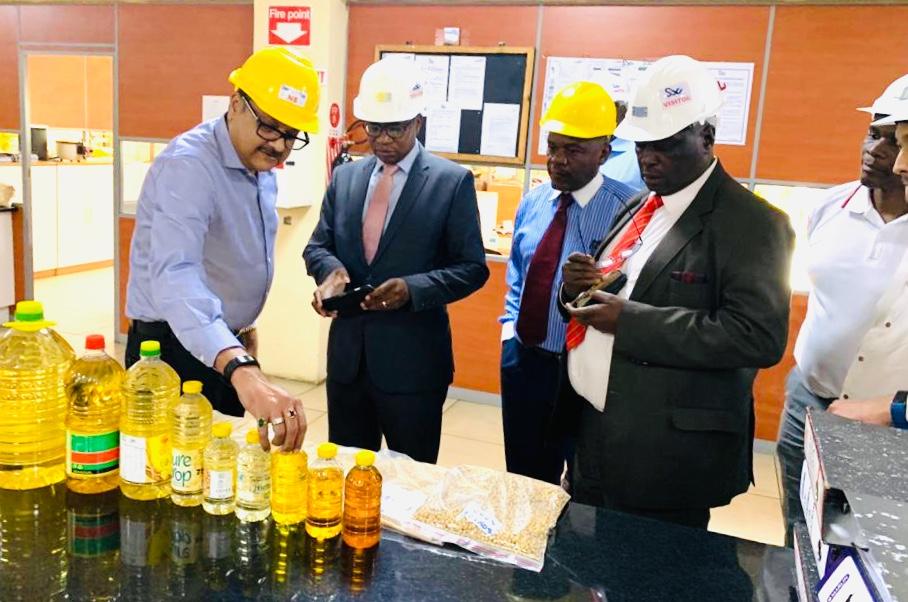Olivine expands food production capacity
Olivine, a local unit of Wilmar International, is set to commission margarine and tomato source production lines at its Harare plant, chief executive Slyvester Mangani said.
“We are expanding our food production (capacity) and the new lines will be commissioned in September (this year),” Mangani told Business Weekly in an interview on Wednesday.
Olivine had to use its own resources after failing to access the US$8,5 million loan secured from the African Development Bank of Zimbabwe in 2020 to finance the project. Wilmar, listed on the Singapore Stock Exchange owns a 65 percent controlling equity in Olivine through its local subsidiary, Surface Wilmar Investments, which also owns 95 percent of the cooking oil producer in Chitungwiza. The AfDB board had approved the loan to Olivine in 2020 to support its food production expansion.
But a combination of global Covid-19 pandemic and outstanding debts owed to foreign
supplies by local companies delayed the disbursement of the funds, resulting in the
company resorting to using own resources.
“I would say the whole project is being financed using our own resource resources
because we could not access the money,” said Mangani.
After the introduction of the interbank rate and conversion of bank balances to
Zimbabwean dollars in 2019, the Reserve Bank of Zimbabwe (RBZ) assumed the legacy
foreign debts of some corporates.
The funds related to external obligations that could not be remitted between January
2016 and February 2019 due to foreign currency shortages. The debt was assumed on
condition that the corporates would surrender their Zimdollar balances at 1:1.
This occurred about five months after the interbank market, which started with an
opening exchange rate of 1:2.5 on February 22, 2019, had been introduced. As a result, the
debts were assumed at a lower rate than what was prevailing at the time.
The outstanding debt, also known as blocked funds, has been blamed for preventing local
businesses from accessing foreign credit because it heightened the country’s risk profile.
In May, the Reserve Bank of Zimbabwe started issuing US dollar – denominated treasury
(TBs) bills to local corporates to liquidate outstanding blocked funds. The first batch of
zero-coupon treasury bills worth nearly US$50 million were issued to about 10
companies at different maturities ranging from three years to 12 years.
The new production lines, coming at a time when the country is pursuing the
industrialisation agenda, could potentially support hundreds of local farmers through
Olivine’s corporate farming model.
In 2007, the Government took over H.J. Heinz Co’s 49 percent stake in Olivine through
The Cotton Company of Zimbabwe in a US$6,8 million deal facilitated by the Industrial
Development Corporation of Zimbabwe. Then, relations between Olivine and the
Government had strained on allegations that the firm had stopped producing cooking oil
after being barred by the U.S government from buying produce from black farmers who
had taken over land previously owned by white farmers.
Prior to the deal, the Government owned 49 percent in Olivine, in a partnership forged in
1982 and in terms of which the US food company had a contract to manage the business.
In 2013, AICO, then listed on the Zimbabwe Stock Exchange embarked on an unbundling
exercise, which involved the disposal of Seed Co, another listed entity were it held 49
percent and Olivine, to raise money to pay off debts.
Olivine was a loss making enterprise at a time it was taken over by Wilmar International.
Since then — there has been a lot of redevelopment of business model, started with refabrication of its margarine plant and installation of a new toiletry and laundry bar lines.-eBusiness Weekly










